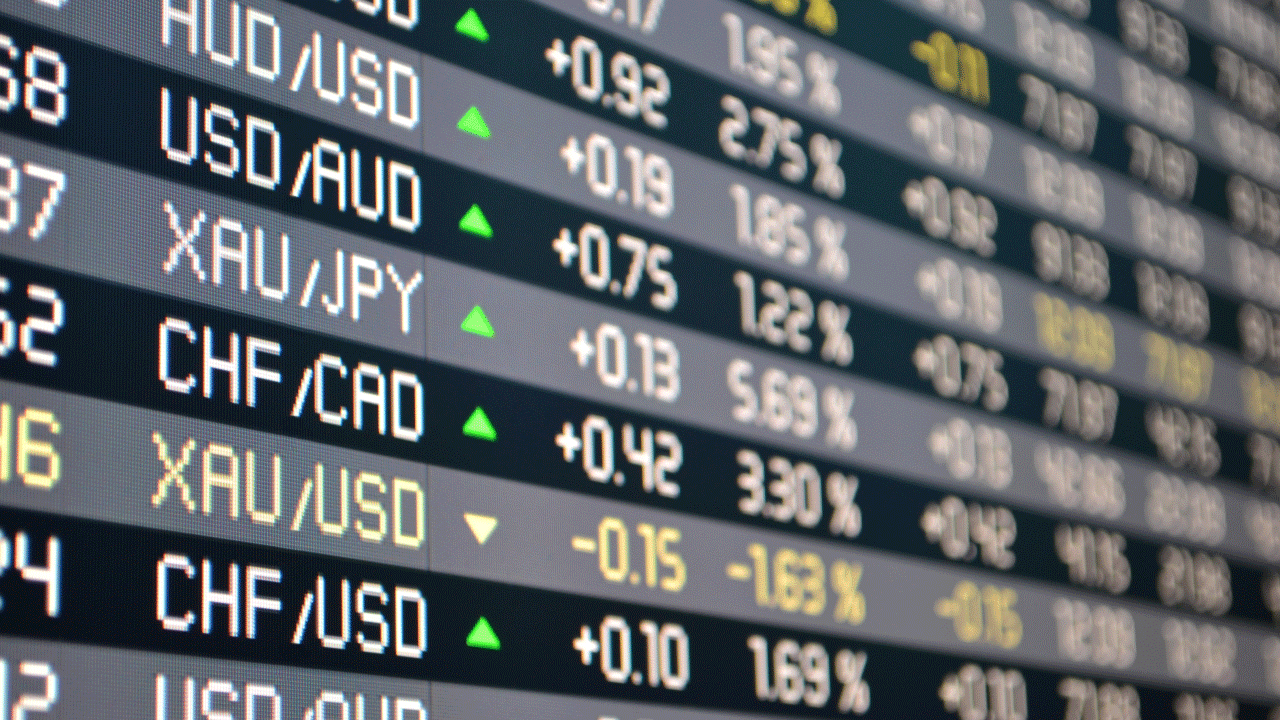The Tokyo Stock Exchange or TSE is the central marketplace in Japan for trading stocks, derivatives, equities and other securities. For Vietnamese investors, the TSE can be an ideal place to start investing in the Asian markets.
But just like any other trading market, there are both benefits and risks involved when it comes to investing in the Tokyo Stock Exchange as well. Let's take a look:
What is the Tokyo Stock Exchange?
Tokyo Stock Exchange or the TSE is the largest stock exchange in Japan and it operates under Japan Exchange Group’s management. In March 2023, the TSE had a market capitalization of 743,877 billion Yen with 1,835 prime companies and 1,444 standard companies listed on it
It's possible to trade the TSE through stocks, ETFs, and CFDs. Traders also get access to indices like Nikkei 225
Benefits of investing in the Tokyo Stock Exchange for Vietnamese investors
1. Global presence
The TSE is one of the major global stock exchanges which provides international investors access to a wide range of companies in numerous sectors across Japan. Since its trading hours overlap with other major markets in Asia, America, and Europe, it further allows for more extended trading opportunities. For Vietnamese traders, investing in the TSE allows them to leverage the potential growth and stability of Japanese companies.
2. Severe diverse listings
There are a wide range of listed companies on the TSE across different sectors like automotive, retail, technology, finance and real estate. This diversification provides Vietnamese investors a large number of investment choices and opportunities. More importantly, by diversifying their investment portfolio in a geographical manner, Vietnamese investors can reduce their reliance on the Vietnamese market and get more exposure to the international markets
3. Market liquidity
The Tokyo Stock Exchange has a high level of liquidity, which makes it easier for investors to trade stocks easily. There are a significant number of listed companies on the TSE, including multinational companies with large market capitalization that offer ample trading opportunities for traders. The high liquidity also allows efficient trade executions while reducing the risk of price volatility
4. Investor protection
The TSE has strict regulations and a strong legal framework in order to safeguard investors. There are regulatory bodies like the Financial Services Agency and the Japan Exchange Regulation (JPX-R) which continuously oversee the market to make sure fair trading practices are being followed and market integrity is being maintained. This, in turn, gives international investors more transparency and the confidence to trade.
Risks
1. Foreign exchange risks
For Vietnamese investors, investing in the TSE can increase foreign exchange risks since the constant fluctuations in the exchange rate between the Japanese Yen and Vietnamese Dong can greatly impact the return on the investments made. In fact, the constant exchange rate movements can either enhance or diminish the investments, depending on the current direction of the market.
2. Language as well as cultural barrier
Due to Japanese being the official language of Japan and TSE, Vietnamese investors can find it challenging when investing in the TSE. The language barrier can further make it difficult to access company information, research reports and news from official channels
While there are many online trading platforms and websites that offer translations of TSE related news from official channels, investors still need to be cautious about important information getting delayed as well as information asymmetry. Incorrect or inaccurate information can lead to wrong investment decisions and unfavorable outcomes
3. Company specific risks
Every company that is listed on the TSE comes with its own set of risks including but not limited to financial risks, management issues, operational risks and other industry specific challenges. That is why it's necessary for investors to conduct thorough research about every company before they invest in it.
4. Limited knowledge
Just investing in the Japanese market for the sake of diversifying one’s portfolio without researching properly about the Tokyo Stock Exchange can be an incredibly risky trading move. Vietnamese investors with limited access to information about the companies listed on TSE should refrain from investing until they have a proper trading plan
It's important to look into financial performance, fundamentals, and prospects of individual stocks before diving into the Japanese stock market.
5. Market volatility
Just like any other stock exchange in the world, the TSE also is subjected to market volatility. Several factors like investor sentiment, geopolitical events, and economic news can end up influencing stock prices as well as the overall market performance
Final words
For Vietnamese investors, it's important to thoroughly research and weigh the benefits against risks before deciding to invest in the Tokyo Stock Exchange. Being aware of the potential risks can help investors and traders manage their investments more effectively and make informed decisions.
Disclaimer: All material published on our website is intended for informational purposes only and should not be considered personal advice or recommendation. As margin FX/CFDs are highly leveraged products, your gains and losses are magnified, and you could lose substantially more than your initial deposit. Investing in margin FX/CFDs does not give you any entitlements or rights to the underlying assets (e.g. the right to receive dividend payments). CFDs carry a high risk of investment loss.




